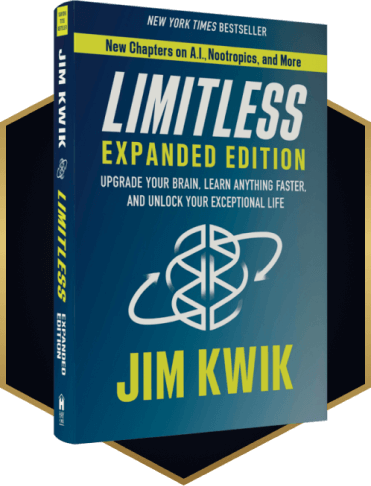Is the air you breathe affecting your brain?
If you’re familiar with the ten keys to a healthy brain, you know that one of the keys is clean environment. Part of that environment is the quality of the air you breathe. You can go weeks without eating, days without water, but you can only go minutes without breathing. Clean air is essential to not just your overall health, but your quality of life.
I’m excited to welcome Peter Spiegel to the show today. Peter is the founder and CEO of Ideal Living, a wellness company democratizing quality. His life’s purpose has been to enhance the lives of others and help them thrive. By sharing science-backed products, he seeks to ensure everyone has access to clean air and pure water.
You want your home to be a sanctuary, but according to the EPA, indoor air can be anywhere from 5 to 100 times more polluted than outdoor air. Things like perfume, candles, and mold can harm your overall quality of life as the most dangerous particles to the human brain are very, very small. If you want to learn how to manage indoor air quality for your overall well-being, this episode is for you.
Link to Limitless Expanded
Link to Kwik Success Program
Link to Kwik Programs (Use code: PODCAST15)
Link to AirDoctor
Link to Show Notes
Link to Kwik Brain C.O.D.E. Quiz
Link to Free Speed Reading Masterclass
If you’re inspired, I want to invite you to join me in my brand NEW 10-day course, specifically designed to boost your productivity. I know it sounds too good to be true, but I give you step-by-step guides using the accelerated learning model to help you get more done and achieve your goals.
See Privacy Policy at https://art19.com/privacy and California Privacy Notice at https://art19.com/privacy#do-not-sell-my-info.







